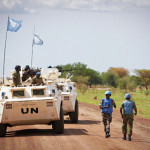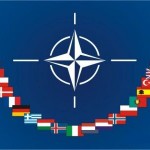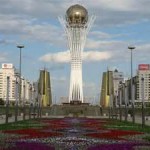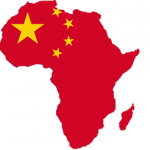(C) Kapok Tree Diplomacy. 2011. All rights reserved. Jeff Dwiggins. FREE CONTENT
Truth Commissions (TCs) – TCs may be appointed or sponsored by national, international, NGO, or hybrid commissions (Bercovitch & Jackson 156). The strengths of truth commissions may include their low cost, flexibility, “wide range of purposes” that they serve, ability to “reconstitute the moral order and provide a measure of justice when trials are not an option,” usefulness in dealing with “disappearances and killings by anonymous death squads,” potential to end a culture of impunity, role in providing a new transitional government “room to maneuver,” and the “emotional therapy” they provide a “traumatized society” (Bercovitch & Jackson 159). But are TCs ‘compromise justice’ that actually weaken the ability to make peace?
Hayner’s analysis of 15 recent TCs is useful for delineating their strengths and weaknesses. Hayner notes that in Uganda (1974) the TC had “little impact on the practices of the Amin regime” (612); in Bolivia many abuses “were overlooked” (614); the Uruguay TC was “not a serious undertaking of human rights” (616); the Zimbabwe report “has never been available to the public” (617); the Chilean report resulted in a formal apology by the President and many recommendations being implemented (622). Furthermore, the Chad TC may have been established “to improve the new president’s image” and suffered from lack of funds (624-625); the El Salvador TC resulted in general amnesty only five days after publication of its report (629); and the South African ANC II report denied any “systematic policy of abuse” (633). Read more





Blind Man’s Bluff: Kazakhstan’s Mirage of Compliance with International Obligations to Uphold the Freedom of Expression and Freedom of Assembly and Association
“Blind Man’s Bluff: Kazakhstan’s Mirage of Compliance with International Obligations to Uphold the Freedom of Expression and Freedom of Assembly and Association” by Kapok Tree Diplomacy
© Kapok Tree Diplomacy. May 2011. All rights reserved. Jeff Dwiggins.
FREE PREVIEW
Section One – The Right to Freedom of Expression
ICCPR Principles and Obligations. The Universal Declaration of Human Rights (UDHR), though not legally binding, declares that “Everyone has the right to freedom of opinion and expression … and to seek, receive and impart information and ideas through any media and regardless of frontiers” (Art. 19).The ICCPR, which Kazakhstan ratified in 2006 (UN Treaty Collection), expands upon this definition and binds state parties “in accordance with its terms and with international law” (Steiner, Alston and Goodman (SAG) 152). Treaty obligations are to be governed by the Vienna Convention’s Article 26 fundamental principle of pacta sunt servanda which states, “[e]very treaty in force is binding upon the parties to it and must be performed by them in good faith” (Dunoff, Ratner & Wippman (DRW) 58). Article 19 of the ICCPR declares: Read more
Share this:
Like this: